Inventory refers to the goods and materials that a business intends to sell. Therefore, inventory management is something every goods-based business needs. Put simply, inventory management includes ordering your inventory, storing it in a warehouse, and processing and shipping it.
A systematic inventory management process will supervise all of your non-capital assets and items in the warehouse, from the manufacturing stage to the point of sale.
Types of Inventory
Your business’ inventory comes in four basic types:
- Raw materials, used to manufacture goods
- Works in progress, not yet ready for sale
- Finished goods, ready for sale
- MRO (Maintenance, Repair and Operations) goods, which help with the production of finished goods
Inventory management covers all of these inventory types.
The Importance of Good Inventory Management
It is a vital part of your supply chain management that can prove difficult, especially when you have a complicated supply chain and manufacturing process. With shoddy inventory management, you run the risk of having shortages or excesses in your company’s inventory.
Shortages
Shortages can lead to slower order fulfilment (and therefore unhappy customers) and greatly impact your business.
Excesses
Excesses run the risk of theft or damage. It needs insuring. It might spoil over time or fall out of demand. Imagine having leftover Christmas stock in January. If you don’t sell your items in time, you might need to cut the prices or destroy your stock.
Stock Control
As you can probably tell, this makes things tricky. You need to know how much to produce or purchase, how high your prices should be, and when to restock. Your business needs proper control of inventory and order fulfilment.
The answer, of course, is good inventory management. It helps to understand your finances and your customers. However large your company might be, it can only survive and grow using a proper approach to your inventory management.







